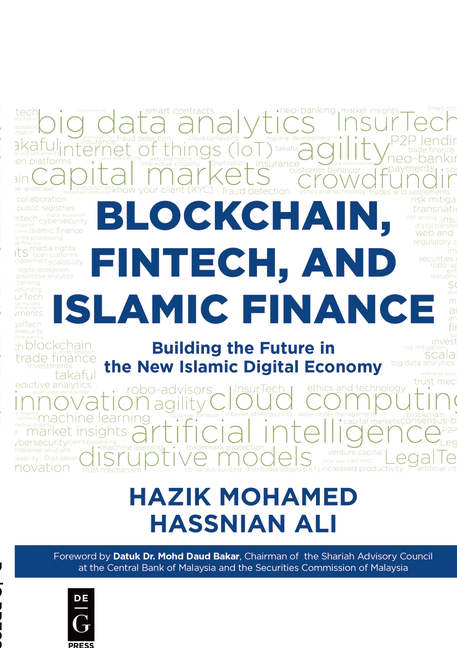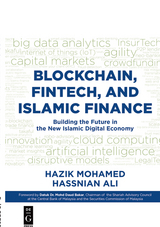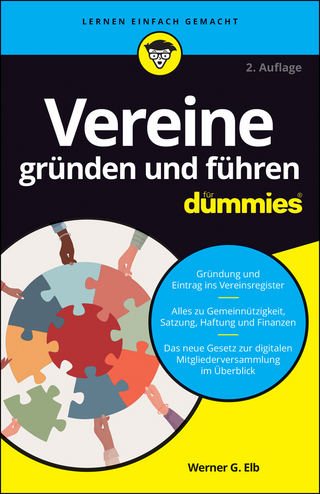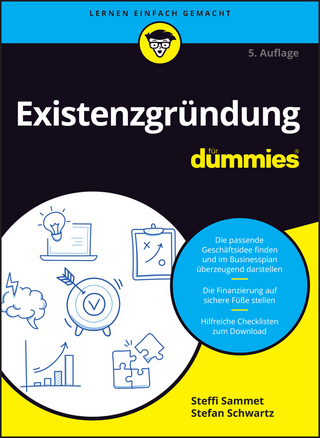Blockchain, Fintech, and Islamic Finance
- Titel ist leider vergriffen;
keine Neuauflage - Artikel merken
Hazik Mohamed, Stellar Consulting Group Pte Ltd; Hassnian Ali, University Islam Sultan Sharif Ali, UNISSA
Chapter 1: Introduction
1.1. Rationale
1.1.1. Digital Transformation and Development
1.1.2. Change in Consumer Behaviour
1.1.3. Financial Crisis and Enforcement of Regulations
1.2. Objectives
1.3. Method
1.4. Contribution
1.5. Chapter Organization
Chapter 2: Fintech Definition, History and Global Landscape
2.1. Introduction
2.2. Definition and Concept of Fintech
2.3. Evolution of Fintech
2.3.1. Fintech 1.0
2.3.2. Fintech 2.0
2.3.3. Fintech 3.0/3.5
2.4. Global Landscape of Fintech
2.4.1. Fintech Investment
2.4.2. Fintech in Major Regions
2.4.2.1. Europe
2.4.2.2. USA
2.4.2.3. Asia
2.4.2.4. Africa
CHAPTER 3: Importance of Fintech
3.1. Introduction
3.2. Fintech within Financial services Industry perspective
3.2.1. Payments Industry
3.2.2. Crowdfunding and P2P Lending
3.3.3. Neo-banking
3.3.4. Asset under Management
3.3.5. InsurTech
3.3. Fintech within Technological perspective
3.3.1. Blockchain and Its applications
3.3.1.1. Definition, concept and types
3.3.1.2. Financial industry Impacts
3.3.2. Cloud Computing
3.3.3. Big Data Analytics
3.3.4. Internet of Things
3.3.5. Robo Advisors
3.3.6. Artificial Intelligence
CHAPTER 4: Emergence of Islamic Fintech and Developments
4.1. Introduction
4.1.1. What is Islamic Fintech?
4.1.2. Line of Difference
4.1.3. Match between Islamic Finance and Fintech
4.1.4. Why Islamic Fintech lag Behind in the Global Map of Fintech?
4.2. Islamic Fintech Developments Around the Globe
4.2.1. Islamic Fintech
4.2.1.1 Islamic Crowdfunding
4.2.1.2. Islamic Fintech deploying Blockchain
4.2.1.3. Islamic Robo Advisors
4.2.1.3. Others
4.2.2. Islamic Fintech Alliance
4.2.3. World’s First Islamic Endowment Crowdfunding Platform
4.3. Islamic Countries’ Initiatives for Islamic Fintech
4.4.1. Malaysia
4.4.2. Brunei Darussalam
4.4.3. Dubai
4.4.4. Bahrain
4.4. Impediments for Islamic Fintech
CHAPTER 5: The Blockchain and The Islamic Digital Economy
5.1. Introduction
5.1.1. Investments in the Blockchain
5.1.2. Trends of the Sharing Economy and the Internet of Things (IoT) Era
5.2. Trust in the New Sharing Economy
5.2.1. Trust and Reciprocity in the Economy
5.2.2. Trust and Trustworthiness (Reciprocity) in Islam
5.3. What is the Blockchain?
5.3.1. Blockchain as Currency
5.3.2. Blockchain as Public Registries
5.3.3. Blockchain as Smart Contracts
5.3.4. Blockchain as Clearing and Settlement of Securities Transactions
CHAPTER 6: Expanded Use Cases of the Blockchain
6.1. Smart Contracts in Islamic Transactions
6.1.1. How Does a Smart Contract Work?
6.1.2. Automation and Enforceability
6.1.3. Benefits and Evolution of Blockchain-based Smart Contracts
6.1.4. Applications of Smart Contracts
6.1.4.1. Capital Markets and Investment Banking
6.1.4.2. Commercial and Retail Banking
6.1.4.3. Takaful
6.2. Islamic Trade Financing
6.2.1. Blockchain-based Trade Finance
6.2.2. Enablers to Blockchain-based Trade Financing
6.2.2.1. Blockchain-based Smart Contracts
6.2.2.2. Instant Payment Structures
6.2.3. Current Challenges
6.3. Takaful (Islamic Insurance) on the Blockchain
6.4. Blockchain-based Islamic Capital Markets
6.5. LegalTech and the Deployment of Smart Contracts for Faraid, Nuzriah and
Wasiyyah
6.6. Media Rights, Intellectual Property and Trademark Protection
CHAPTER 7: Evolution of the Blockchain
7.1. Introduction
7.1.1. Transnational Justice Applications for the Economy
7.1.2. Coordination and Efficiency in Markets through Consensus-building
7.1.3. Pragmatic Approach to Blockchain Implementation
7.2. Overcoming Limitations of the Blockchain
7.2.1. Technical Challenges
7.2.2. Business Challenges
7.2.3. Government Regulatory Challenges
7.2.4. Privacy Challenges
CHAPTER 8: Recommended Response for Islamic Financial Institutions
8.1. Introduction
8.2. Important Success Factors in this era of Fintech and Digitization
8.2.1. Better Customer Experience with Customer-centricity
8.2.2. Agility and Scalability
8.2.3. Innovation and Incubation
8.2.4. Cyber-security Management
8.3. Collaboration Model for IFI’s
8.3.1. Tech is a Huge Enabler for any Islamic Institution
8.3.2. Collaboration is Better than Competition
8.3.3. Open Innovation
8.4. Summary of the Chapter
CHAPTER 9: Conclusion
9.1. Introduction
9.2. Potential of Shariatech and Roadmap Ahead
9.3. Recommendations for Future Development
| Erscheinungsdatum | 18.12.2018 |
|---|---|
| Zusatzinfo | 10 Tables, black and white; 20 Illustrations, black and white |
| Verlagsort | Boston |
| Sprache | englisch |
| Maße | 155 x 230 mm |
| Gewicht | 402 g |
| Themenwelt | Sachbuch/Ratgeber ► Beruf / Finanzen / Recht / Wirtschaft ► Wirtschaft |
| Geisteswissenschaften ► Religion / Theologie ► Islam | |
| Technik ► Architektur | |
| Wirtschaft ► Betriebswirtschaft / Management ► Finanzierung | |
| Schlagworte | Fintech, Blockchain, Islamic Economics, Islamic Fi • Fintech, Blockchain, Islamic Economics, Islamic Finance, Shari'ah |
| ISBN-10 | 1-5474-1712-9 / 1547417129 |
| ISBN-13 | 978-1-5474-1712-4 / 9781547417124 |
| Zustand | Neuware |
| Haben Sie eine Frage zum Produkt? |
aus dem Bereich




